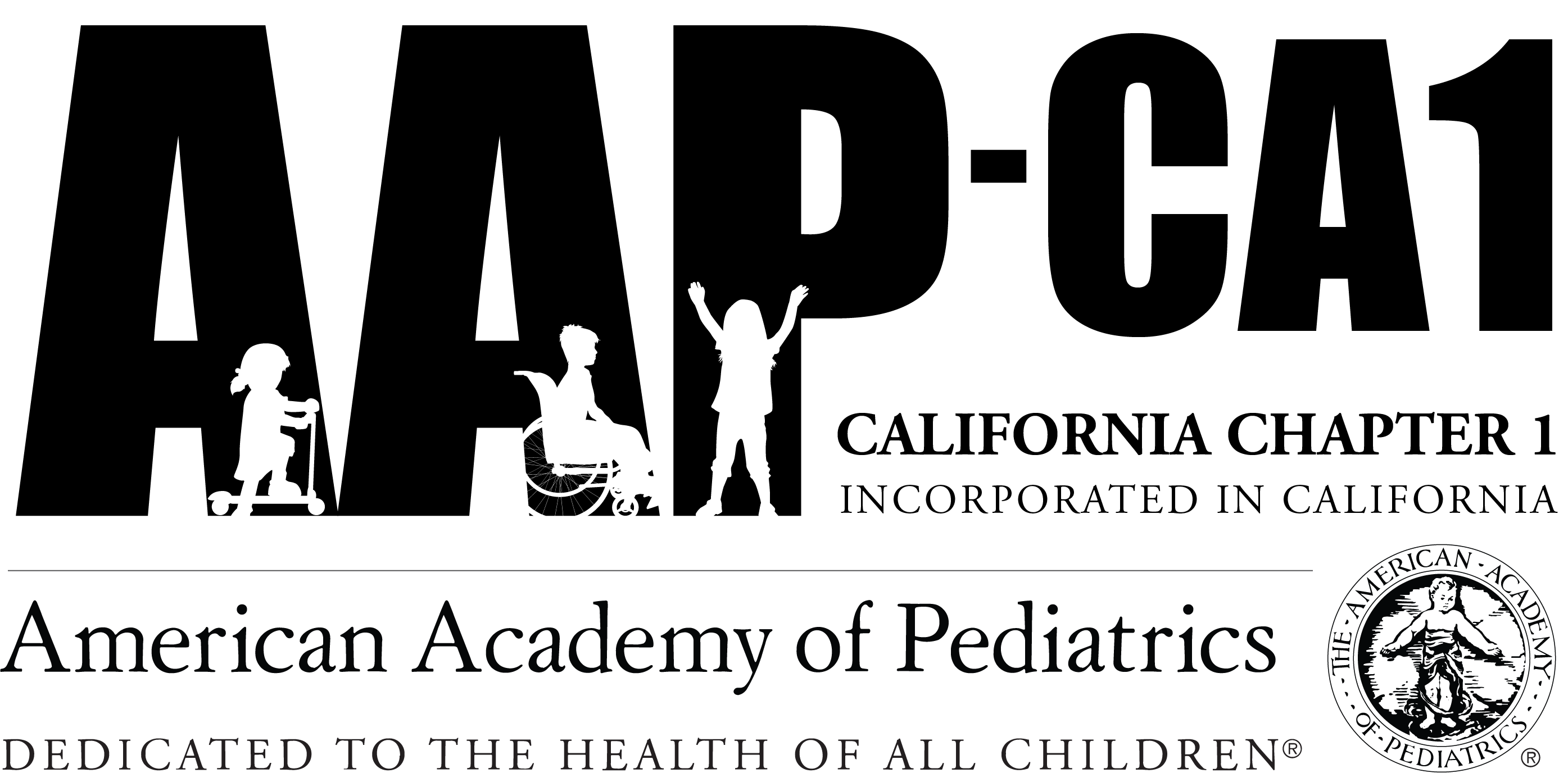Climate Change and Health
Climate change presents a serious threat to the health of children and future generations, particularly children in communities facing historical marginalization and poverty. Already, an estimated 88% of the health burdens of climate change fall on children.Outcomes of unchecked climate change — such as increasing temperatures, more frequent and severe storms and wildfires, worsening air quality, rising sea levels, spread of vector-borne diseases with warming habitats, and social instability and conflict — all directly impact children’s health.
The United Nations Inter-Governmental Panel on Climate Change (IPCC), representing the best global scientific consensus on climate change, has determined that our governments and societies can still avert extreme climate change, but must act within 10 years to dramatically cut greenhouse gas emissions by at least 50%. Recognizing the urgency of such action for protecting children’s health, the AAP has:
- Published both a national policy statement and a technical report in 2015 outlining the child health risks of climate change,
- Submitted an amicus brief in Juliana v. United States, a case brought by youth due to climate inaction threatening their constitutional rights to life, liberty and property,
- Supported AAP members with advocacy and educational resources on climate change and health.
In addition, AAP California has recognized climate change as a health emergency, and urges its members to be active advocates in their communities and to their elected officials on this issue. While the scale of the changes needed to address global warming are daunting, Pediatricians have a strong and trusted voice that can make a vital difference for present and future generations.


